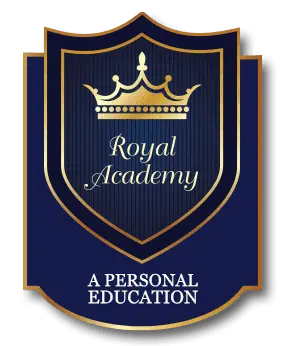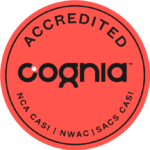By Shirley M. R. Minster, M. S. Ed.
© 2017
I have worked with more than a few high school students who have had one or more concussions and I know how difficult a time it is for both the student and the parents. There are many considerations that must be taken into account. High school course requirements must recognize the physical, emotional, and social difficulties right now. It is also important to know that it is extremely common to re-injure the head once a person has had one concussion.
A question that parents ask me is how long should I educate my student? Is it longer than the traditional four years? My simple answer is that you continue the education as long as it is needed. For instance, one of our Royal Academy students received her first concussion as a junior and then re-injured her head the next year as a senior. Her courses had to be structured to take into account these problems. She then went on to her freshman year of college and … yes, re-injured her head. She had to take time off from school to rest and recuperate. She has since gone back to college, has her master’s degree, is married, has a child, and recently started her own business. Why do I mention all this? There is hope behind that gray cloud in which your student is enveloped right now.
Last year, another junior injured her head (What is it with juniors?) and we had to severely cut back the demands of her courses due to memory loss, headaches, and emotional ups and downs that occurred with no warning. Because we faced the situation ‘head on’ (no pun intended), she had no guilt or anxiety because her studies were lagging and her headaches could be addressed quickly rather than waiting until her courses were completed for the day.
I believe that the worst part of post-concussion syndrome is that students know what they were able to do before and what they can do now. It is difficult for them to believe that they will ever get better again. Unfortunately, they do not often believe their parents because their folks have always been the cheering squad, so to speak. Siblings need to learn some tools to use with their injured brother or sister. Compassion, patience, and love are what come to mind first. They are closer in age to their family member and can hopefully encourage the injured child.
It is important for other adults to be around to encourage not only the student, but the parents, too. In the confusion that is typical at first as the parents try to deal with doctors and other medical staff, they need to have other relatives or good friends to go to when they want to discuss their fears, concerns, and frustrations. It is best to honestly express these when the child is not present because guilt can again crop up (“It’s my fault my mom and dad are crying.”) It takes time to heal, both physically and emotionally for the whole family.
It may take a year or more to get back on track. In the meantime, your student can be doing things related to her interest area rather than a lot of bookwork.. What opportunities are there to do less exhausting activities that are at her age level? She will be quick to notice if the work expected of her is at a lower grade level and perhaps even contains activities that are too simple. Instead, treat your student with respect and dig deep for activities that are appropriate for her age. It will be important to keep good records while this new form of education is in place so that when a transcript is developed, all can be documented appropriately.
Post-concussion is a serious syndrome and needs close attention. The effects may be lifelong, but your student can succeed with proper preparation.
See the following fact sheet by the cdc: https://www.cdc.gov/headsup/pdfs/schools/tbi_factsheets_parents-508-a.pdf




